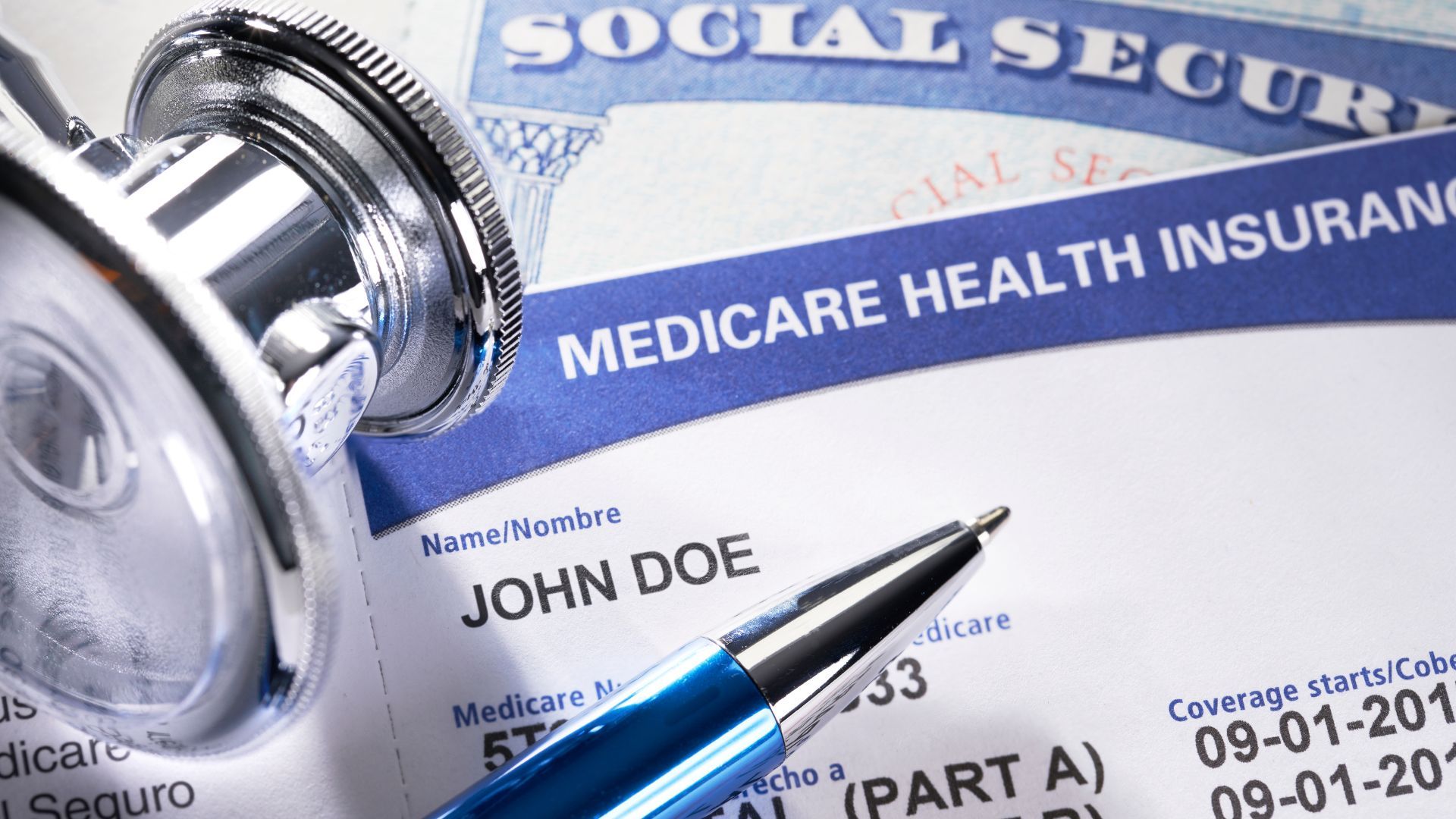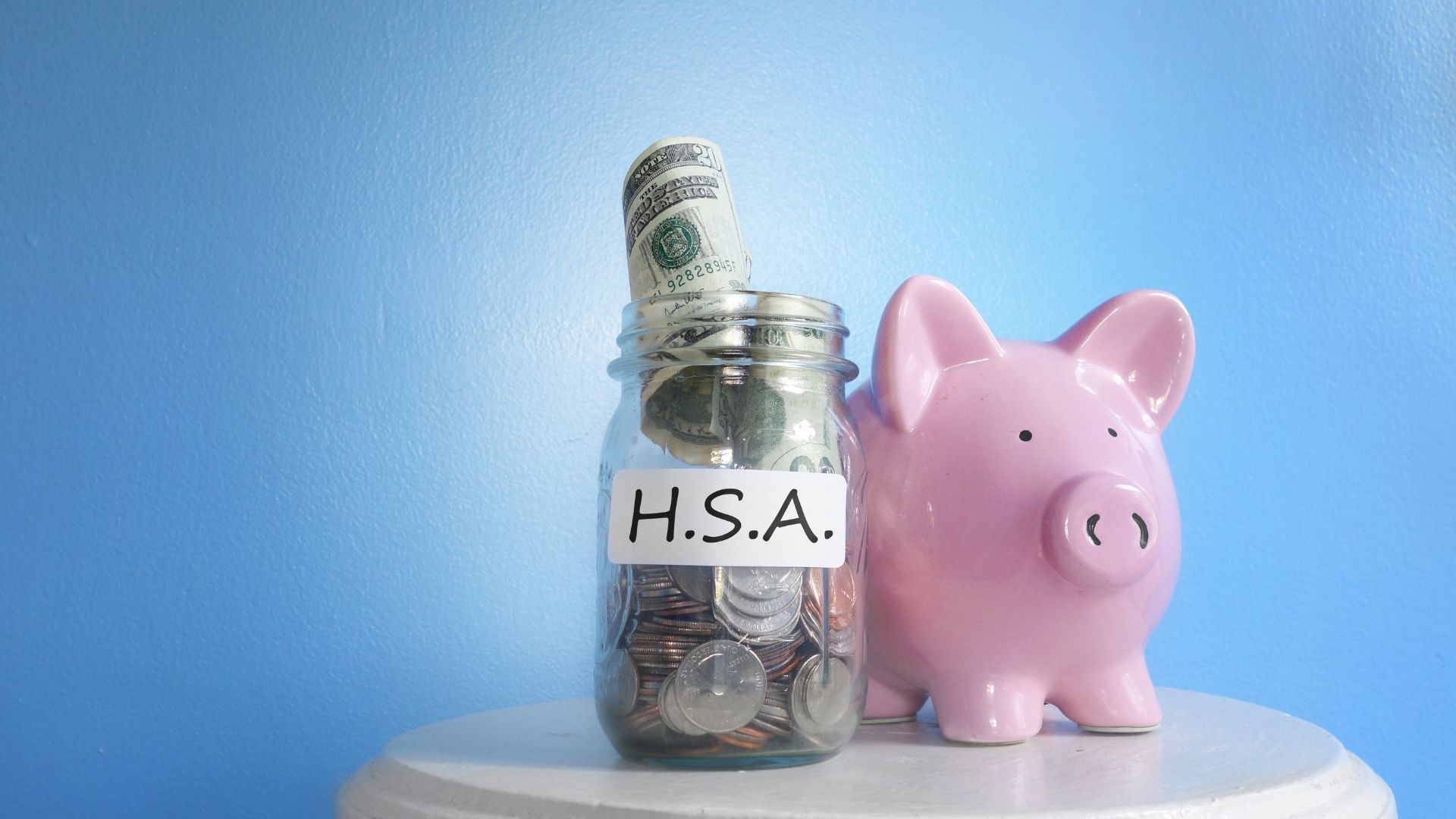Do you have to apply for Social Security to get Medicare?
Millions of seniors rely on Medicare for health benefits in retirement, and depend on Social Security as a key income source. But while the two programs are interrelated, participation in one doesn’t necessarily hinge on being signed up for the other.
Many people think you must enroll in Social Security before applying for Medicare; fortunately, that’s not the case. Social Security and Medicare are tied together in some ways, but in others, they are separate programs. In this post, we’ll go over what you need to know about how the two go together.
At what age do I qualify for Social Security?
You can begin collecting Social Security retirement benefits as early as age 62. Doing so, however, is often not advisable, since it means lowering your monthly benefits.
To collect the full monthly benefit, you must wait until full retirement age to sign up for Social Security. Your full retirement age depends on your year of birth. For each month you file for Social Security ahead of full retirement age, you’ll face a reduction in your monthly benefits.
At what age do I qualify for Medicare?
In order to qualify for Medicare, you must meet one of the following requirements: 65 or older, qualify disability, or at any age with End Stage Renal Disease or ALS. Your initial enrollment period for Medicare begins three months before the month of your 65th birthday, and ends three months after the month you turn 65.
If you miss your initial Medicare enrollment window, you can sign up during the general enrollment period of January 1 through March 31 of each year. The longer you hold off, the more it could cost you. If you wait too long to sign up for Medicare Part B, you’ll face a 10 percent increase in your Part B premiums for every year-long period you were eligible.
If you’re still working and have creditable coverage under a group health plan, you’ll get a special enrollment period that begins when you separate from your employer or your group coverage ends. At this time, you will not have to worry about penalties.
Do I Need to Enroll in Medicare if I’m Receiving Social Security Benefits before 65?
If you are receiving Social Security benefits prior to 65 then you will automatically be enrolled in Medicare Part A (Hospital Insurance) and Medicare Part B (Medical Insurance). You will receive your card in the mail 3 to 4 months prior to your 65th birthday. You’ll still need to make important decisions about your coverage, like whether you need to add drug coverage.
If you’re not receiving Social Security benefits at the time you are ready to sign up for Medicare, you will need to apply yourself. There are a couple of ways to apply; you can contact us, schedule an appointment with your local Social Security office or visit www.ssa.gov.
Make your decisions independently
Again, collecting Social Security is by no means a prerequisite to getting Medicare. In fact, it’s often advisable to sign up for Medicare as soon as you’re eligible (assuming you don’t have other creditable health coverage) but wait on Social Security to avoid a reduction in benefits.
If you sign up for Medicare alone, the only downside is having to make your premium payments directly, as opposed to having them deducted from your Social Security benefits.
Trust Our Licensed Medicare Advisors
Understanding Medicare coverage doesn’t have to be complicated or intimidating! Our licensed advisors are dedicated to helping you make informed decisions about your healthcare coverage. We’ll gladly support you when enrolling, comparing plans, and navigating rate changes at your convenience.
Our advisors are here for you every step of the way. If you’re turning 65 soon or simply have questions about delaying Medicare, then please feel free to give us a call, send us an email, or contact us online for a free consultation. We believe everyone deserves personalized Medicare support, and we’d love the opportunity to help you, too.













